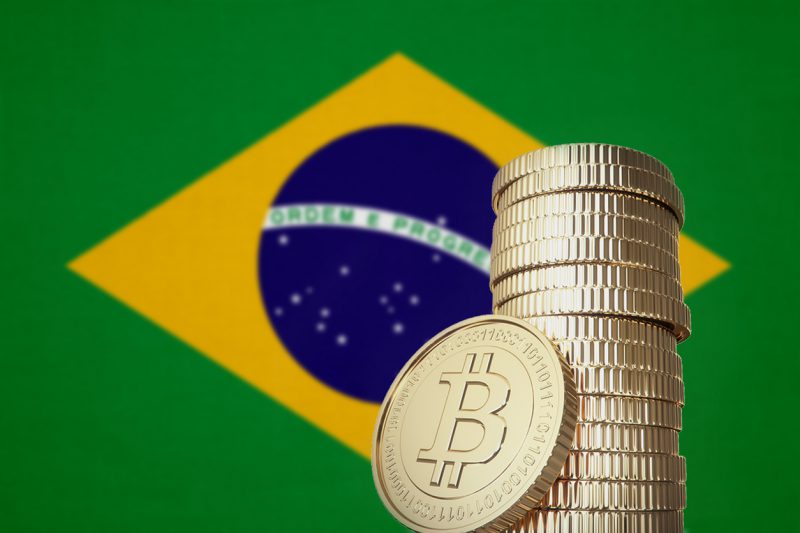Lawmakers in Brazil are pushing to include crypto in a bill that would provide strong protection to a significant fraction of the savings assets of debtors. The current iteration of the bill, authored by Deputy Carlos Bezerra, does not include crypto. However, the emerging asset class may soon find its way into the draft.
The bill, numbered 4.420/2021, is currently being considered by the Constitution, Justice, and Citizenship Committee. The bill would amend the Code of Civil Procedure, which was issued in 2015. It aims to protect the private savings of individuals from potential seizure on behalf of their creditors. However, it would only protect an amount equal to 40 minimum wages.
Also Read: Shiba Inu: Brazilians Can Now Use SHIB For Payments
Brazil’s Deputy Felipe Francischini, the rapporteur for the bill, confirmed last week that an agreement was reached to include crypto assets after a suggestion from Deputy Fernando Marangoni. Francischini noted that people’s investment behavior has changed. Moreover, he stated that
“Traditional savings account (is) losing ground to other forms of financial investment.”
Is Brazil becoming a crypto hotspot?


The amendment to include crypto in the list of protected funds is possible due to the crypto framework from June. The new amendment refers to the June crypto regulations in order to define digital assets. They are defined as “digital representations of value that can be traded or transferred via electronic means and used for making payments or investments.”
Also Read: BRICS: Brazil Sees World-Altering Effect From Expansion
Brazil is among the top countries with the highest number of crypto users. According to a report by the Federal Revenue Service (FRB), there are more than 3.2 million crypto users. Moreover, the report stated that over 89,000 registered Brazilian businesses actively participated in crypto-related operations. Hence, it is not surprising that the authorities have been inclined towards including crypto in the list of protected funds. Nonetheless, whether the new amendment is passed or not, remains to be seen.





